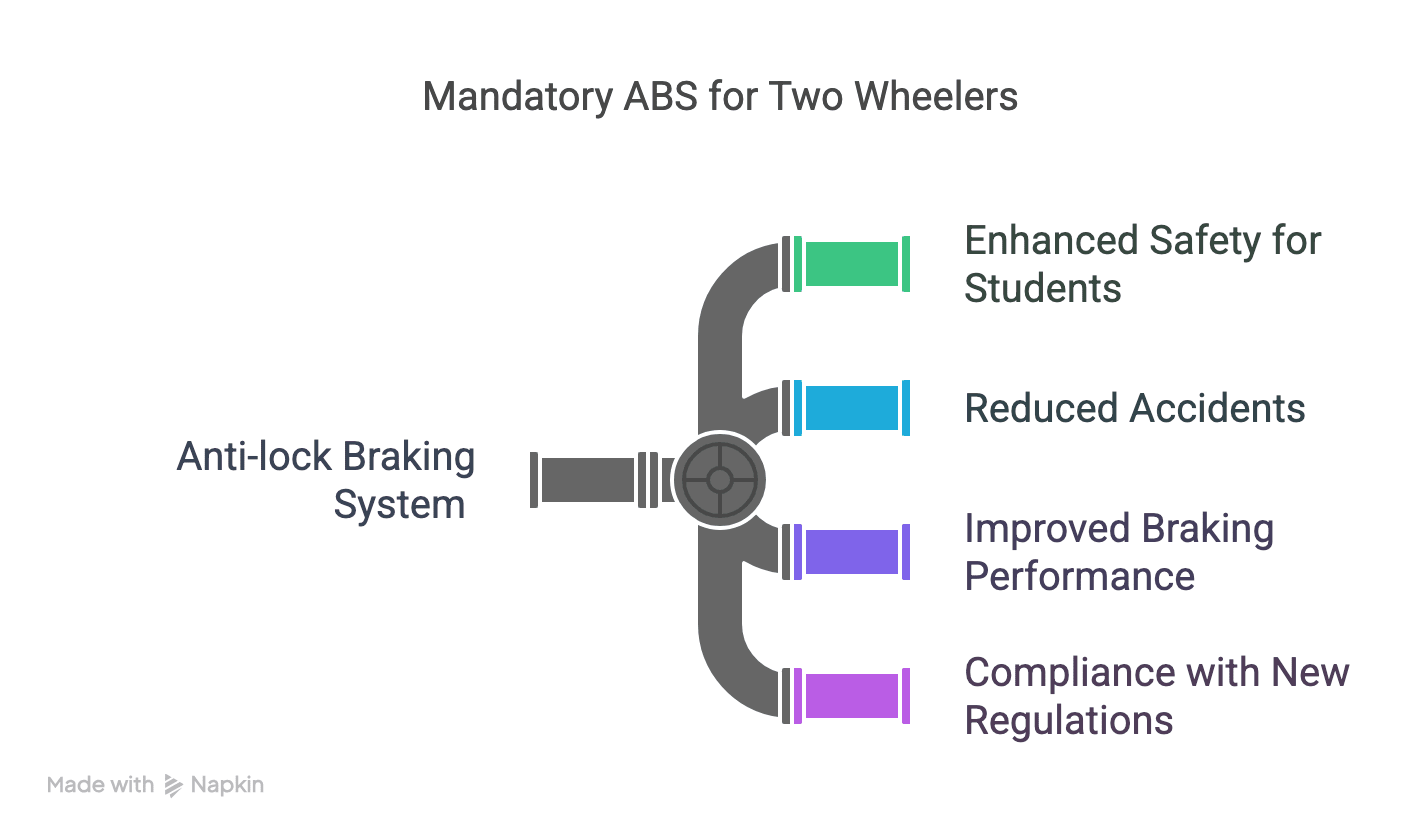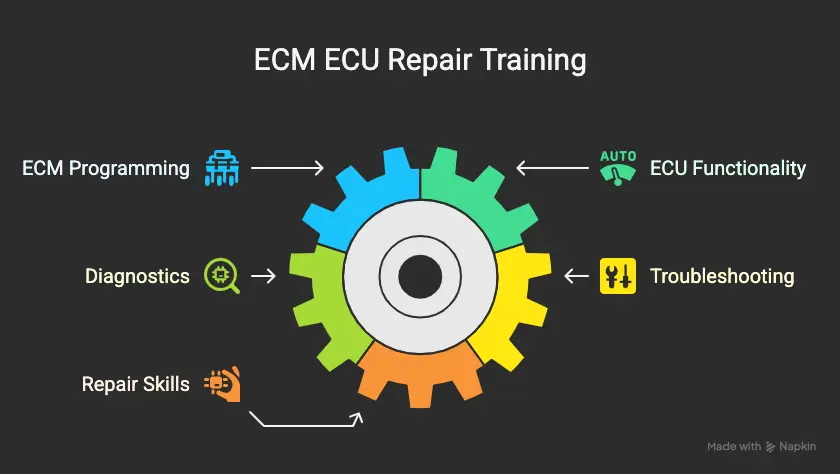The Indian road transport ministry has announced groundbreaking safety regulations that will significantly impact young riders. Starting January 2026, Anti-lock Braking System (ABS) will be mandatory for all new scooties, bikes, and motorcycles, regardless of engine capacity. Additionally, manufacturers and dealers must provide two BIS-certified helmets with every two-wheeler sale.
Game-Changing Policy Expansion
Currently, ABS is mandatory only for two-wheelers above 125cc, leaving nearly 45% of bikes and motorcycles without this crucial safety feature. The new regulation closes this gap completely, ensuring all new vehicles—from 50cc scooters to high-performance bikes—come equipped with ABS.
This is particularly significant for students who often prefer smaller, budget-friendly scooters and entry-level motorcycles for college commuting. Since almost all two-wheelers can achieve 70 kmph, ABS becomes essential for preventing crashes during emergency braking situations.
Why This Matters for Young Riders
Two-wheeler occupants account for 44% of all road deaths in India, with most fatalities caused by head injuries from not wearing proper safety gear. For students aged 19-25, who represent a significant portion of two-wheeler users, these statistics are particularly alarming.
ABS prevents wheel lock-up during sudden braking, enhancing control and reducing stopping distances, especially on monsoon-wet roads common across Indian cities. Studies show ABS can reduce road crashes by 35-45%—a substantial safety improvement for daily commuters.
Two-Helmet Policy Impact
The mandatory two BIS-certified helmets policy addresses passenger safety directly. Previously, only one helmet was required with new vehicle purchases. This change is crucial for students who frequently share rides with friends, roommates, or partners.
The policy aims to inculcate safe helmet-wearing behavior among young riders, making passenger protection as important as rider safety.
Economic Considerations
While these regulations may increase vehicle costs, the long-term benefits—reduced medical expenses, insurance claims, and most importantly, saved lives—far outweigh initial investments. For engineering students, these changes create new career opportunities in automotive safety technology development and testing.
The notifications for both regulations will be released soon, marking a historic step toward safer Indian roads.



